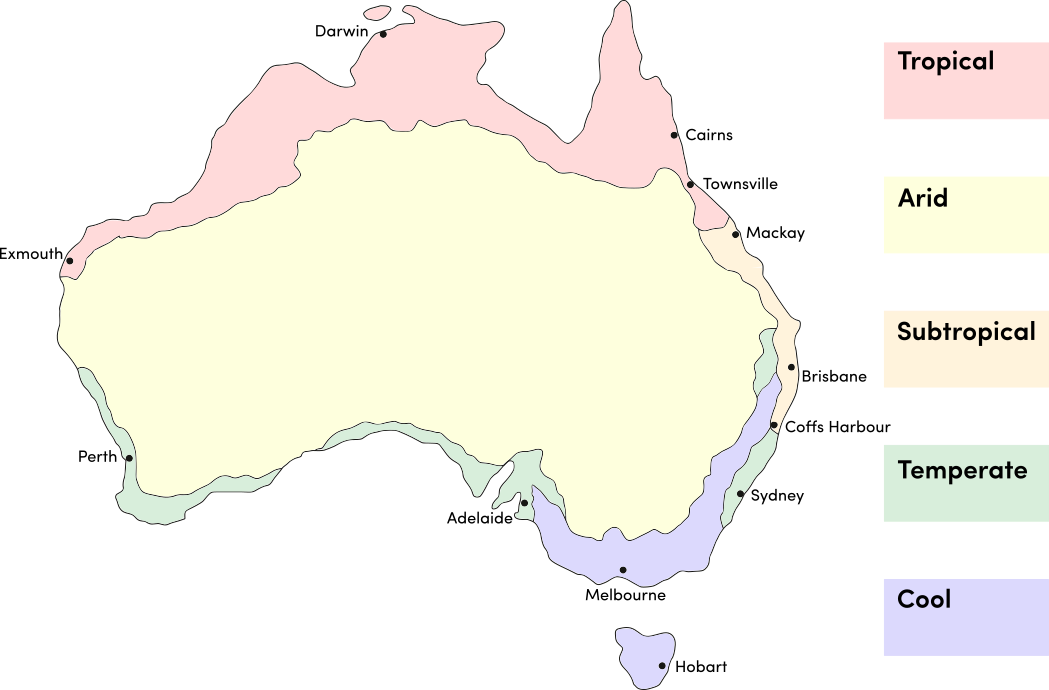Watering is an essential part of every gardeners routine and although it is mostly self explanatory there are a few principals you should understand and keep in mind to ensure your garden is the best it can be.

How often should I water my Garden?
There is no set timeframe on how often you should water your garden, in fact it is usually a mistake to think that the garden should be watered at a predefined interval. Overwatering can do just as much harm as underwatering.
The best way to judge when your garden needs watering is to simply look at your soil. While there are exceptions most herbs, vegetables and flowers like moist soil; simply check your soil and see if it is moist below the surface (check around around 5cm deep). Soil will often form a dry 'crust' so scratch back the crust and check if your soil is moist underneath. If it's moist you probably don't need to water just yet, if its almost or completely dry it's time to water.
Weather also plays a huge part in determining how often you need to water your garden so pay attention to rainfall and temperatures at the same time as studying your soil. You'll quickly learn how to predict when your garden needs watering without even checking the soil.
When should I water my Garden?
Early morning: The best time of day to water your garden is in the early morning. The water will soak deep into the ground reaching the deepest roots with little evaporation. Plants are more receptive to watering in the morning and will absorb more water preparing them for the heat of the day.
Day: Plants should not be watered in the middle of the day. The sun is too strong and when combined with the water can burn leaves and stems. Water will also evaporate too quickly without soaking deep in to the soil.
Late afternoon: Watering in the late afternoon is another good time if the morning is inconvenient. Make sure the sun is well past it's hottest so your plants don't get burnt.
Night: Plants should not be watered at night either. Water will be slow to evaporate and wet stems and leaves can lead to problems with fungus and disease.
Watering Tips:
- Water roots, not leaves: Plants absorb moisture through their roots not their leaves so always water around the base of the plant. Watering over the plant and it's leaves can cause problems with fungus and disease.
- Water deeply: When possible water your plants long and deeply to ensure that water penetrates deep in to the soil. This will encourage deep root growth which will provide your plants with access to more water and make them resilient to hot weather and drought. If you water too shallowly roots will grow along the surface instead of growing downwards and are more susceptible to drying out.
- Do not overwater: Be careful not to overwater your plants. Monitor your soil and only water when necessary. Overwatering can cause just as many problems as underwatering. A few indicators of overwatering are browning leaves, rotting stems and limp foliage.
- Mulch: Mulching around plants will help retain moisture and reduces surface runoff, meaning your watering will be more effective.
- Young seedlings: Ensure soil around young seedlings is kept moist. Young seedlings have very shallow roots and will need watering frequently until they are established.
- Seeds: Ensure soil around seeds is kept moist. Consider covering seed trays with cling wrap or paper to lock in moisture until germination.






